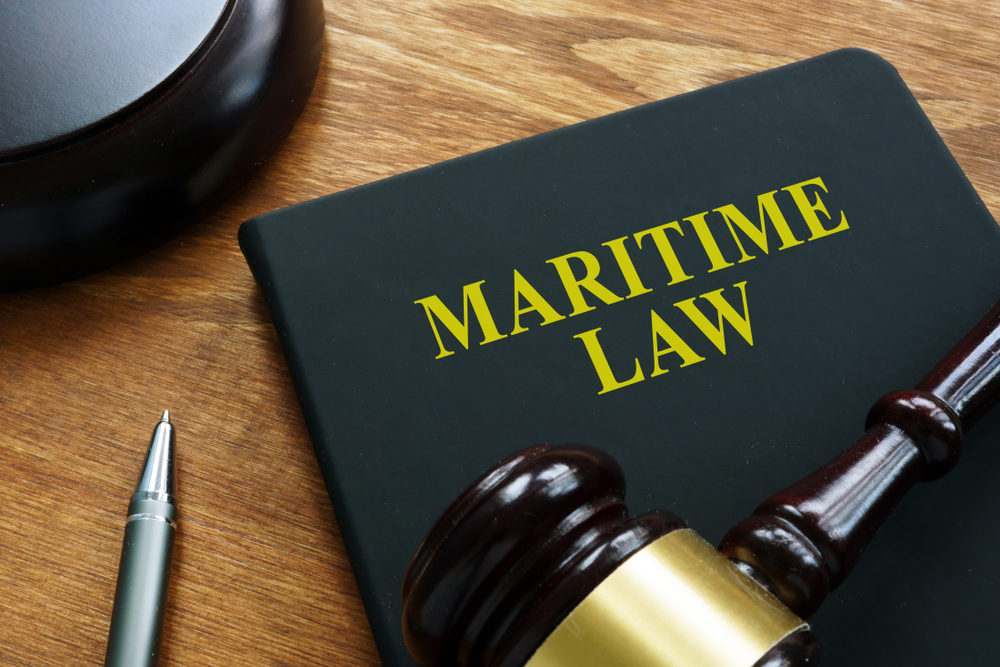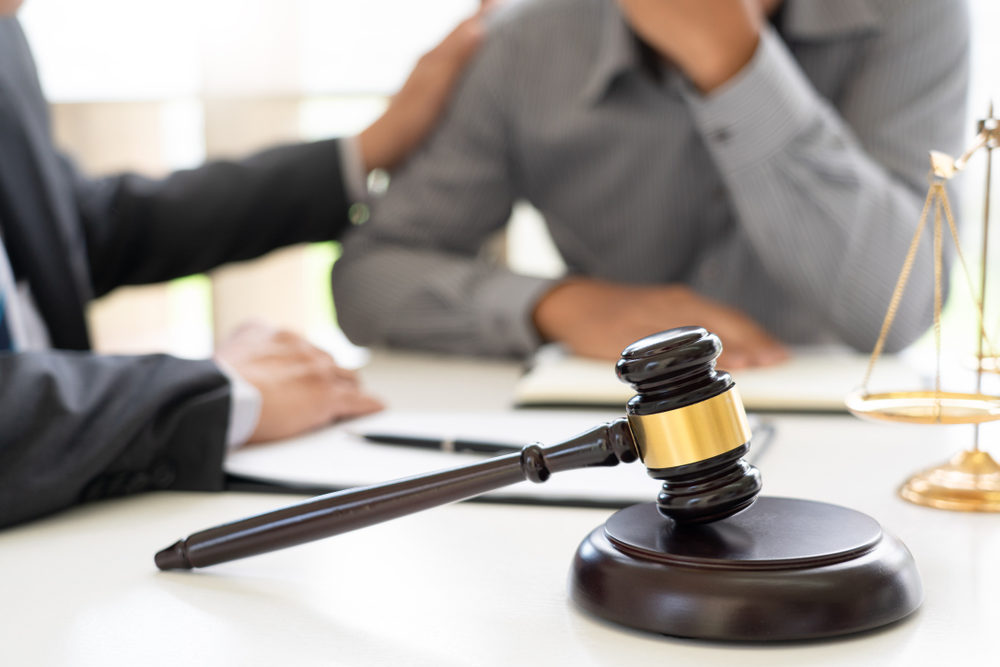 If you have ever been called for jury duty in a personal injury case, and been through the experience of being questioned by the lawyers during jury selection, you have almost certainly heard some version of this phrase: “Jury selection our chance to learn a little bit about you.” The American Bar Association (ABA) has recently given lawyers the green light to learn even more about potential jurors in personal injury cases through social media sites such as Facebook and Twitter.
If you have ever been called for jury duty in a personal injury case, and been through the experience of being questioned by the lawyers during jury selection, you have almost certainly heard some version of this phrase: “Jury selection our chance to learn a little bit about you.” The American Bar Association (ABA) has recently given lawyers the green light to learn even more about potential jurors in personal injury cases through social media sites such as Facebook and Twitter.
In April, the ABA Standing Committee on Ethics and Professional Responsibility issued a Formal Opinion addressing the propriety of lawyers, or people working on behalf of lawyers, reviewing jurors’ internet presence. The Committee recognized the balancing act that must be performed in light of the strong public interest in identifying improper juror bias and prejudice versus the equally strong public interest in preventing improper contact with jurors. The Committee encouraged lawyers and judges to discuss what the court expects from lawyers, and emphasized that any court order addressing the subject governs the lawyers’ conduct.
In the absence of a court order to the contrary, the rules of professional conduct generally prohibit lawyers, either personally or through a non-lawyer, from communicating with potential jurors leading up to trial or any juror during trial. With these rules in mind, the Opinion addressed 3 levels of conduct by lawyers with respect to jurors’ internet presence:
- Passive lawyer review of a juror’s website or electronic social media (ESM) that is available without making an access or “friend” request, where the juror is not aware that their information has been reviewed. The Committee likened this type of investigation to a lawyer driving down the street where a prospective juror lives to observe his or her environs, which is publicly available information that may inform the lawyers’ jury-selection decisions. This conduct is not considered a communication, and is permissible.
- Active lawyer review, where the lawyer requests actually requests access to the juror’s ESM, for example by making a “friend request.” This conduct is an improper communication. The Opinion considers this conduct to be akin to driving down a juror’s street, stopping at the juror’s house, and asking for permission to take a look inside the juror’s house when lawyer cannot get a good enough view from just driving down the street. This type of conduct by a lawyer or anyone acting on behalf of a lawyer is prohibited.
- Passive lawyer review where the juror becomes aware of the identity of the person viewing their information through a website or through ESM features. This is what happens on some sites, like Linked In, where a person can see who has been viewing their profile. The Committee considered this to be like a situation where a neighbor recognizes a lawyer’s car driving down the juror’s street and tells the juror about the lawyer driving there. Because the ESM service is communicating with the juror based upon its own particular technical features, the lawyer is not actually communicating with the juror. This type of investigative conduct is permitted.
Jurors and potential jurors should be aware that lawyers will likely be investigating them both in the courtroom during jury selection, and outside of the courtroom on the internet. The ABA encourages judges to advise potential jurors and jurors that the lawyers in a particular case will be interested in their backgrounds, and may very well be reviewing their websites and ESM sites.
If you or a loved one has suffered a personal injury, learn about your legal rights from an experienced attorney by filling out our free, no obligation case review form located on this website.
Free Case Evaluation
More About HHK
Other Personal Injury News
Offshore work is one of the most dangerous professions in […]
The nervous system is a complex network of specialized cells […]
The brain is the most complex and important organ in […]
Electricity powers our modern world, enabling us to enjoy countless […]
Offshore oil workers hold one of the most dangerous job […]







